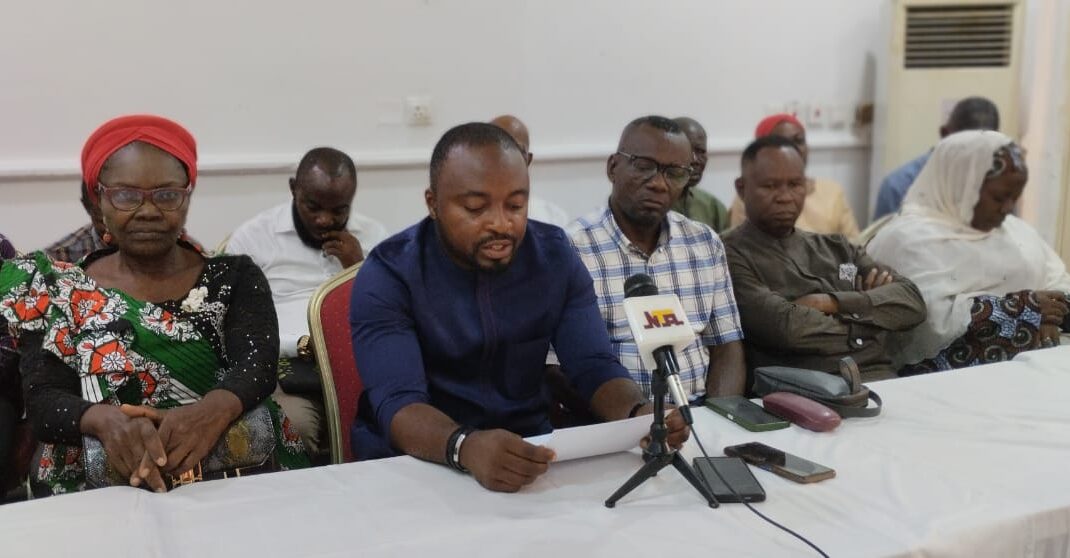By Justina Auta
The Civil Society for the Eradication of Tuberculosis in Nigeria has called for community involvement and other stakeholders coordinated efforts to end the rising cases of Gender Based Violence (GBV) in Nigeria.
Mr Nathaniel Salifu, FCT Coordinator for the control of Tuberculosis, made the call at a media roundtable on Wednesday in Abuja.
Salifu said the increasing cases of GBVprompted the Community Based Organisations working on TB, HIV/AIDs and Malaria and Implementing the TB Network C19RM/RSSH Global Fund Project, to include it in their work.
He explained that unified efforts and community involvement, as well as government implementation of policies would end GBV cases.
“In Nigeria, GBV manifests in various forms, including domestic abuse, verbal aggression, physical violence, rape, early and forced marriages, incest, female genital cutting, acid attacks, and even outright killings.
“Women, men, boys, and girls continue to endure degradation and deprivation in both public and private spaces.
“The Civil Society for the Eradication of Tuberculosis in Nigeria calls upon all stakeholders to combat the rising cases of gender-based violence in our society.
“We implore every citizen not to remain silent. Let us unite our efforts to eradicate this menace from our nation. If you witness something, please speak out,” he said.
He added that funding for primary healthcare delivery should be carefully mapped out.
He further called for sanction against any misappropriation or mismanagement, to enable a robust public health programme at all levels to improve healthcare services.
“Addressing these challenges in health systems requires robust action through strengthening infrastructure, securing financial resources, renewing political leadership and fostering collaborations.
“Also, evidence-based interventions, such as Community-Led Monitoring, should be scaled up in addition to innovative service delivery models and technological adaptations to minimise disruptions to routine care,” he said.
Mr Julius Ibecheole, FCT Coordinator, Civil Society for Malaria Control, Immunisation and Nutrition (ACOMIN), emphasised the need to ensure perpetrators of GBV are prosecuted to serve as deterrent to others.
“We are integrating this in the project to educate community dwellers on their rights, what constitutes GBV with a view to end the practice,” he said.
Also, Mr Peter Ikiti, Coordinator of Network of People Living with HIV/AIDs (NEPWHAN), stressed the role of media and other stakeholders on ending GBV and holding policy makers accountable on implementing laws targeting at improving the well-being of citizens.
Hajiya Zainab Ibrahim, Focal Person of FCT Control HIV AIDS (FACA), FCT public Health Department, said the Gender and Human Right Technical working group had been activated as a response team.
According to her, the response team is to handle GBV cases, particularly among HIV/AIDS persons in the FCT.
Similarly, Dr Bunmi Adeyemi, representing stakeholders from the FCT Health Promotion Department, pledged continuous support to community based organisations assisting government facilities in the PHCs.
Adeyemi, represented by Zaid Umar-Abore, reiterated their commitment to ensure adequate preventative measures to prevent avoidable illnesses. (NAN)
Edited by Abiemwense Moru












